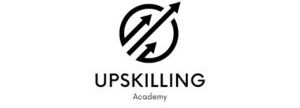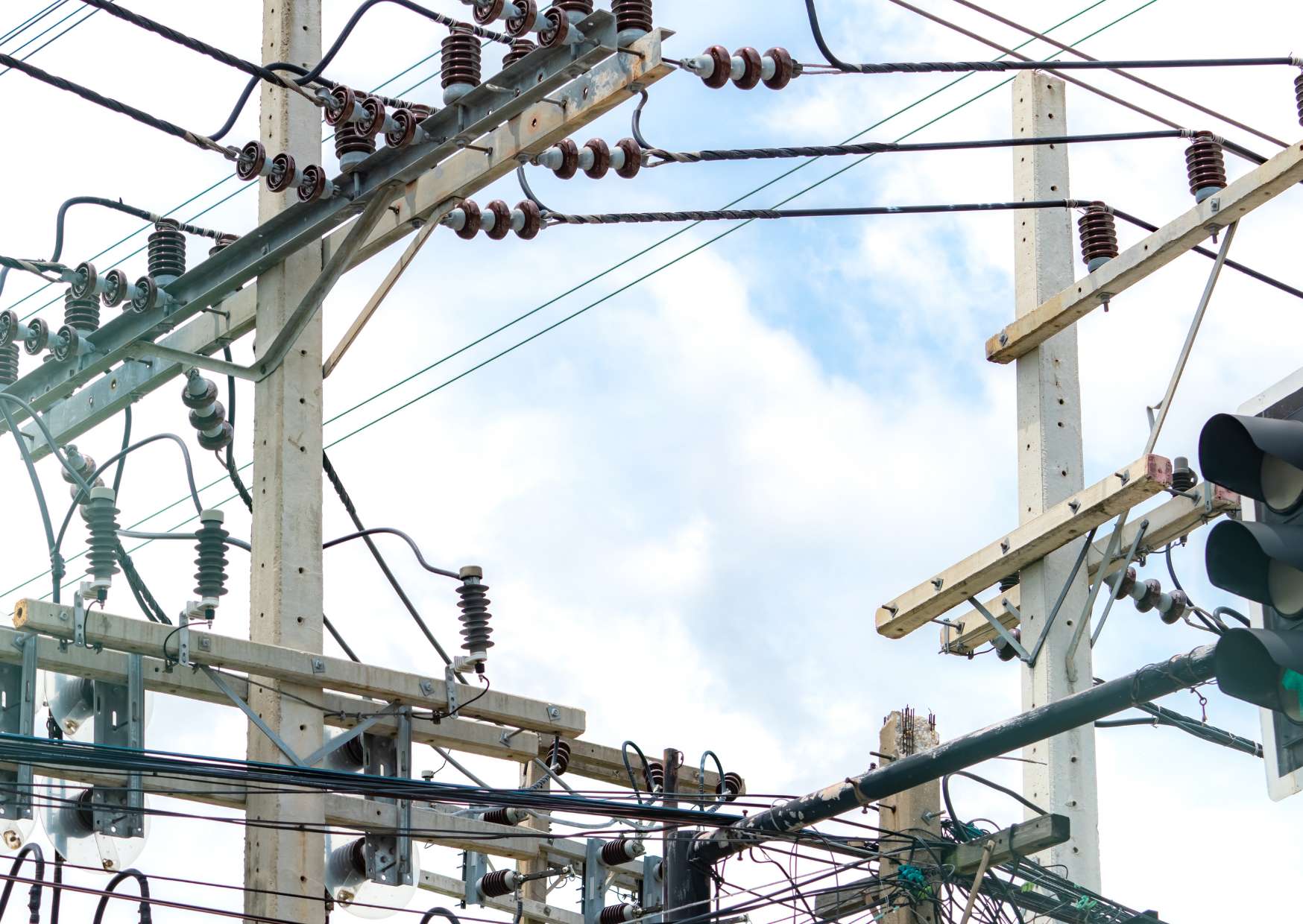Optimizing Power Consumption: Analysis of Single and Three-Phase Systems
Welcome to our comprehensive course on “Optimizing Power Consumption: Analysis of Single and Three-Phase Systems.” In today’s dynamic world, where energy efficiency is of paramount importance, understanding how to optimize power consumption is crucial for individuals and businesses alike. Whether you’re a professional in the field of electrical engineering, a technician working with power systems, or someone interested in sustainable energy practices, this course offers essential insights to help you excel in your endeavors.
Essentials of Course
This course delves deep into the principles and techniques involved in optimizing power consumption, with a focus on both single and three-phase systems. Through a combination of theoretical concepts and practical examples, participants will gain a comprehensive understanding of how to analyze and improve the efficiency of electrical systems.
Why Course Matters
In today’s world, where energy resources are finite and environmental concerns are on the rise, optimizing power consumption has become a critical priority. By reducing energy wastage and improving efficiency, individuals and organizations can not only save costs but also contribute to sustainability efforts. This course equips participants with the knowledge and skills needed to make informed decisions and implement effective strategies for optimizing power consumption.
What You’ll Learn
Participants in this course will learn:
- Fundamentals of single and three-phase power systems.
- Techniques for analyzing power consumption and identifying inefficiencies.
- Strategies for optimizing power factor and reducing energy losses.
- Practical applications of power optimization techniques in various industries.
- Case studies highlighting successful power optimization initiatives.
Who Should Take This Course
This course is designed for:
- Electrical engineers seeking to deepen their understanding of power systems.
- Technicians involved in the maintenance and operation of electrical infrastructure.
- Energy professionals looking to enhance their skills in power optimization.
- Students or enthusiasts interested in sustainable energy practices.
- Professionals working in industries where energy efficiency is a priority, such as manufacturing, utilities, and construction.
Course Format
The course is structured into modules, each covering specific topics related to optimizing power consumption. Participants will have access to:
- Video lectures presented by industry experts, providing in-depth explanations and demonstrations.
- Interactive quizzes and assignments to reinforce learning and assess understanding.
- Discussion forums where participants can engage with instructors and peers, sharing insights and asking questions.
- Additional resources such as reading materials, case studies, and practical exercises to enhance learning.
Participants can complete the course at their own pace, with access to materials available 24/7 from any internet-enabled device.
Benefits of Taking This Course
By enrolling in “Optimizing Power Consumption: Analysis of Single and Three-Phase Systems,” participants can expect to:
- Gain a comprehensive understanding of power systems and their optimization.
- Acquire practical skills that can be applied to real-world scenarios.
- Enhance career prospects by demonstrating expertise in energy efficiency and sustainability.
- Make informed decisions regarding power consumption and resource allocation.
- Contribute to environmental conservation efforts by reducing energy wastage.
- Network with industry professionals and peers to exchange ideas and best practices.
Enroll Today
Don’t miss out on this opportunity to enhance your knowledge and skills in power optimization. Enroll today and take the first step towards becoming a leader in sustainable energy practices. Join our community of learners and embark on a journey towards a more efficient and eco-friendly future.
Optimize your power consumption knowledge now!


Reviews
There are no reviews yet.